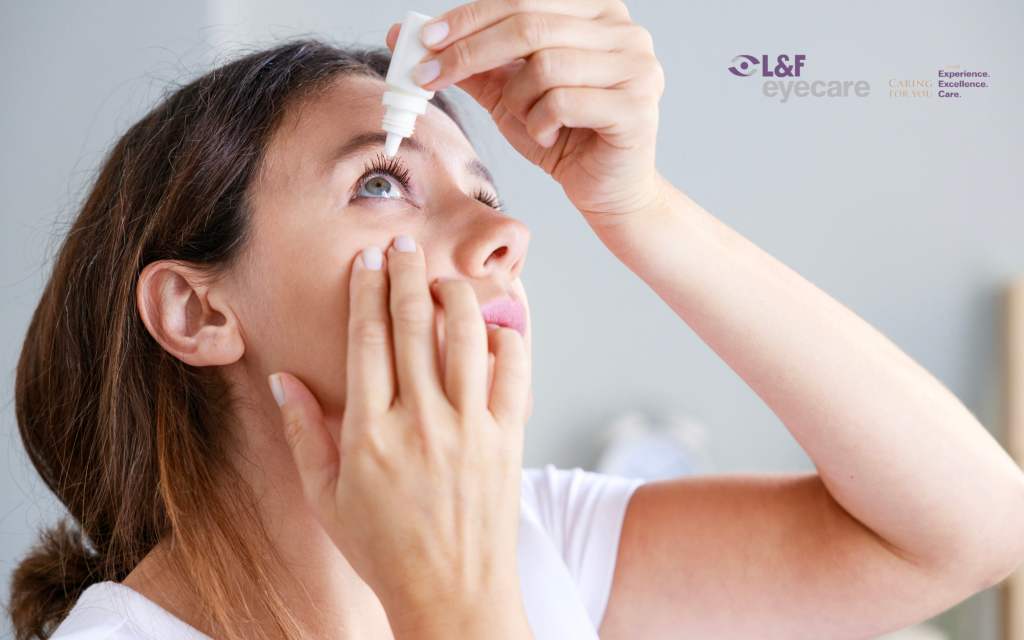Dry Eye Syndrome, Symptoms and Treatment
Dry eye syndrome is one of the most common eye complaints, especially during the colder months. Dry eye often flares up in winter, can cause significant discomfort, including irritation and sometimes pain. Although dry eye syndrome is typically not severe, it can greatly impact daily life, making activities like reading, using screens, or spending time outdoors uncomfortable.
Fortunately, proper diagnosis and treatment can help alleviate these symptoms. An eye care professional can assess the severity of dry eye syndrome, determine its underlying causes, and recommend a tailored treatment plan. This might include artificial tears, lifestyle changes, or even prescription medications to help manage the condition.

What is dry eye?
When the weather turns colder, indoor heating systems can dry out the air, leading to decreased moisture in the eyes. This lack of moisture can cause the eyes to feel gritty, itchy, and tired. In more severe cases, it may even lead to blurred vision or sensitivity to light. The cold, windy conditions outside can further exacerbate these symptoms, stripping away the natural tear film that protects and lubricates the eyes.
What are the Causes of dry eye?
Some causes of dry eye are difficult to avoid, such as the weather and elements of your work environment. Also, underlying illnesses and laser eye surgery can also produce dry eye type symptoms.
Other causes include:
- Aging – tear production decreases after 50
- Seasonal allergies such as hay fever
- Poor diet – especially one low in Vitamin A
- Smoking
- Digital eye strain.
What are the Symptoms of dry eye?
The different symptoms of dry eye are numerous and vary from person to person.
They include:
- Redness or a burning sensation around the eye
- Gritty or itchy eyes
- Blurred vision
- Unusual discomfort with contact lenses
- Difficulty keeping your eyes open, particularly if you are looking at a screen
How do your treat dry eye?
There are various types of treatment depending on the type of dry eye you have and the severity of your symptoms.
Your symptoms may be managed using eye drops or you may need medication to help reduce inflammation. If necessary, you may be given a referral for surgery to prevent tears from draining away too easily.
If dry eye is caused by another underlying condition, treating this condition will usually help relieve the symptoms. If necessary, your optometrist may refer you for further tests.
